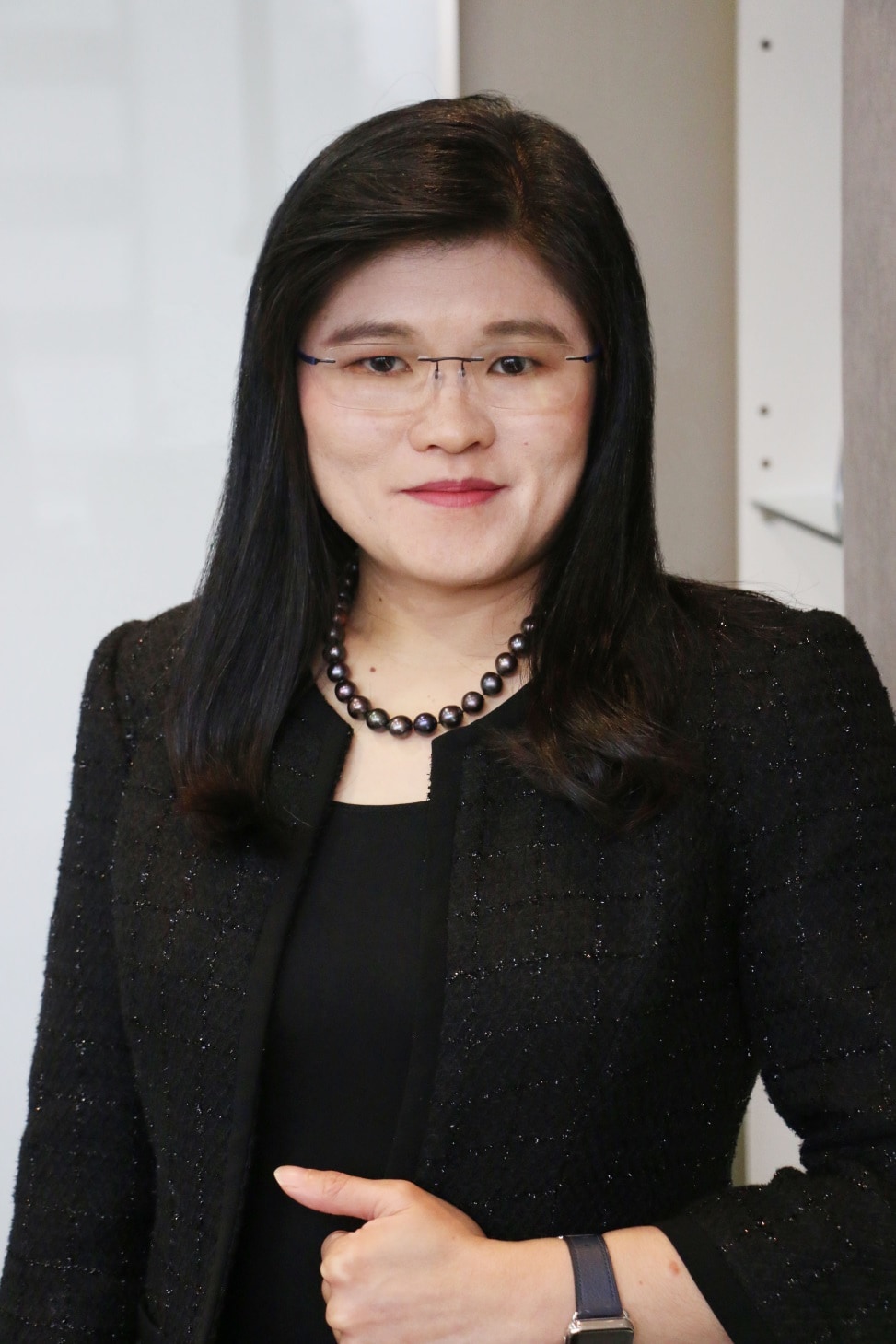COVID-19 rapidly reshapes consumer behavior, PwC’s Strategy& says
COVID-19 rapidly reshapes consumer behavior, PwC’s Strategy& says
BANGKOK, 30 April 2020 – The public health and economic crises stemming from COVID-19 are driving changes in consumer behavior that could have long-lasting effects, according to a survey by PwC’s Strategy&.
The survey, called ‘Evolving priorities: COVID-19 rapidly reshapes consumer behavior’, canvassed some 1,600+ US adult consumers to understand how they’ve adjusted their daily routine and spending habits in response to the pandemic.
Consumers are in limbo
The survey found that 57% of respondents said they were social distancing from friends, and 50% said they were working from home partially or entirely. Since COVID-19, 49% have also avoided leaving their homes and 42% stayed away from public transportation when leaving home.
A majority (78%) of respondents were worried about the economic costs of the pandemic, such as unemployment, recession and hardship. Some 71% were concerned about sickness and life lost, and 48% worried about the virus infecting their families.
The study by the global team of practical strategists also found that consumers were buying more essentials since the COVID-19 social-distancing orders were imposed. Items such as non-perishable groceries (27%), household and cleaning supplies (25%) and frozen food (25%) were in high demand.
Online shopping and delivery services on the rise
As people avoid going out and isolate themselves, shopping behavior has shifted more online. The survey found that demand for online shopping with home delivery for all categories – from groceries and frozen food to pet care and alcoholic beverages – was higher than online shopping with store pickup.
Staying home also means more time for entertainment, cooking, household chores and physical fitness, the survey found.
Changing priorities could have long-lasting effects
When asked to select the activities respondents have spent more time on due to staying at home, more than half (56%) said they have a more invigorated approach to life, 28% have picked up new hobbies and 48% intend to maintain newly acquired health and wellness habits over the long term.

Commenting on the survey, Vilaiporn Taweelappontong, Consulting Lead Partner at PwC Thailand, said:
“COVID-19 has widely prompted consumers to use technology like never before. From searching for goods and services, ordering food, checking delivery status to attending a virtual classroom, the survey highlights that more people have adjusted their lives to be more online. These behavioral shifts will continue after the COVID-19 pandemic ends, driving expectations of increased online services in the future
“Before COVID-19 hit, Thai retailers generally did a good job at adjusting themselves to the digital age. Many have created online channels for their customers to do transactions, while using data analytics to better understand their needs. However, for those who haven’t done any of these things, or are at the early stage of digital adoption, they will need a 180-degree adjustment in order to boost sales and bottom lines.
“As we all support our businesses and customers at this challenging time, retailers could look to save costs by exploring free, existing platforms that are already available in the market. Establishing a presence on social media is also a good start. They should make sure to always keep content updated and build an experience with customers that goes beyond a transactional relationship.”
Ends
About Strategy&
Strategy& is a global strategy consulting business uniquely positioned to help deliver your best future: one that is built on differentiation from the inside out and tailored exactly to you.
As part of PwC, every day we’re building the winning systems that are at the heart of growth. We combine our powerful foresight with this tangible know-how, technology, and scale to help you create a better, more transformative strategy from day one.
As the only at-scale strategy business that’s part of a global professional services network, we embed our strategy capabilities with frontline teams across PwC to show you where you need to go, the choices you’ll need to make to get there, and how to get it right.
The result is an authentic strategy process powerful enough to capture possibility, while pragmatic enough to ensure effective delivery. It’s the strategy that gets an organization through the changes of today and drives results that redefine tomorrow. It’s the strategy that turns vision into reality. It’s strategy, made real.
Notes
- For more information, visit https://www.pwc.com/us/en/industries/consumer-markets/library/covid-19-consumer-behavior-survey.html.
- © 2020 PwC. All rights reserved. PwC refers to the Thailand member firm, and may sometimes refer to the PwC network, each of which is a separate legal entity. Please see www.pwc.com/structure for further details.
Contact us







